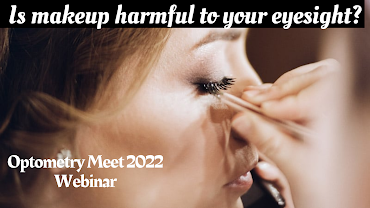Lack of Sleep Results to?
Sleep deprivation is a very typical occurrence these days.
There appears to be a lot of unfinished work and only half the time to do it.
This results in extended periods of awake or less sleep over time in order to
complete unfinished tasks. People are unaware that if they don't get enough
sleep, they are impairing their body's function particularly the brain's
ability to regenerate during sleep. Sleep-deprived neurons eventually begin to
misfire resulting in observable behavioural abnormalities and thus the chain of
events caused by insufficient sleep begins.
Muscle discomfort might be exacerbated by a lack of sleep.
You may have had this experience on the spur of the moment after a night of
interrupted sleep. Sleep deprivation is associated with dizziness, nausea and
headaches. Even after two nights of not getting any sleep these adverse effects
are noticeable. Irritability is most likely the first symptom of a lack of
sleep. It's natural for someone who hasn't had enough sleep the night before to
be grumpy the next day.
Sleep deprivation reduces growth hormones and causes higher
levels of stress response, lowers sex drive, impairs the immune system and
changes moods among other things. This signifies that a person's self-control
begins to deteriorate. Many studies have found a link between sleep deprivation
and psychosis. A person who is sleep deprived is considerably more likely to
become psychotic and I don't mean this in an exaggerated way. Sleep deprivation
has a stifling effect on our ability to heal. Yes, a lack of proper rapid eye
movement (REM) and non-rapid eye movement (NREM) sleep slows the healing
process. It also has an effect on the immune system, making it more difficult
to fight infections.




Comments
Post a Comment